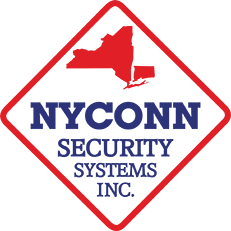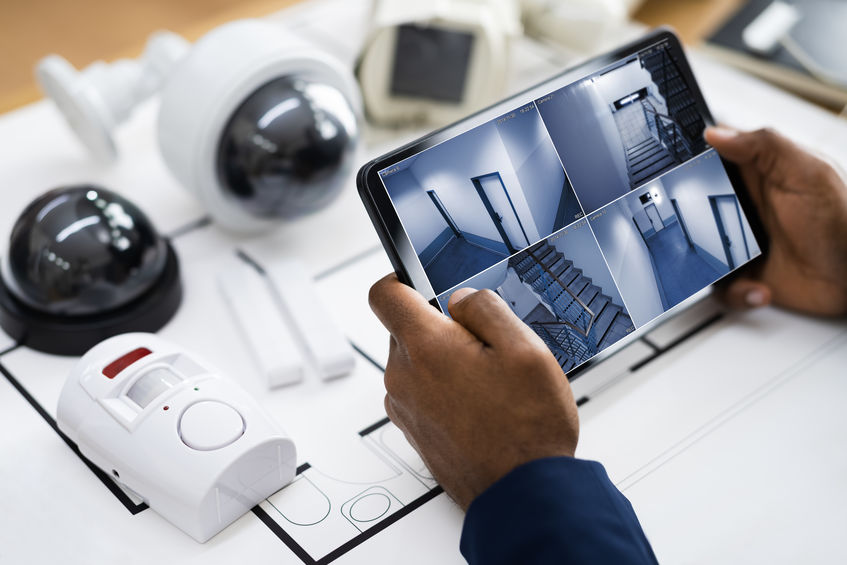If you live in a house, you’d get a residential security system. If you work in an office park, the manager of that park would look into commercial security systems to protect the campus/buildings. Both residential and commercial security systems aim to prevent intruders from breaking in… and if there is an intruder, they alert local authorities such as the police. That said, there are differences between residential and commercial security systems. What are some of those differences?
Residential Versus Commercial Security
Well, think about it: commercial properties are usually bigger and more spread out than residential properties. So they have more square footage to cover. Therefore, commercial systems tend to cost more than residential ones. Because commercial properties are often “big,” they tend to utilize 24-hour video surveillance to keep track of people coming and going, while residential systems might only need something as simple as a motion sensor to turn on an outdoor light to startle someone getting too close to a home at night.
Commercial properties tend to need several people to monitor their system(s), actively looking to see what various cameras catch, 24 hours a day, whereas a residential system might involve automatic (computer) monitoring that notices when something’s moving in an area such as a doorway, thereby alerting the homeowner on their phone to show who’s near their door.
Interestingly, residential security systems can have audio and video recordings inside the home, but commercial systems are only allowed to have video recordings– in public places.
Security systems can include things like glass break sensors, door sensors, remote access, security cameras, etc. NYCONN Security sells home security and alarm systems which are used by homeowners and business owners in New York and Connecticut. Whether your needs are residential or commercial, you can call NYCONN Security to discuss those security needs at 800-783-5004.

